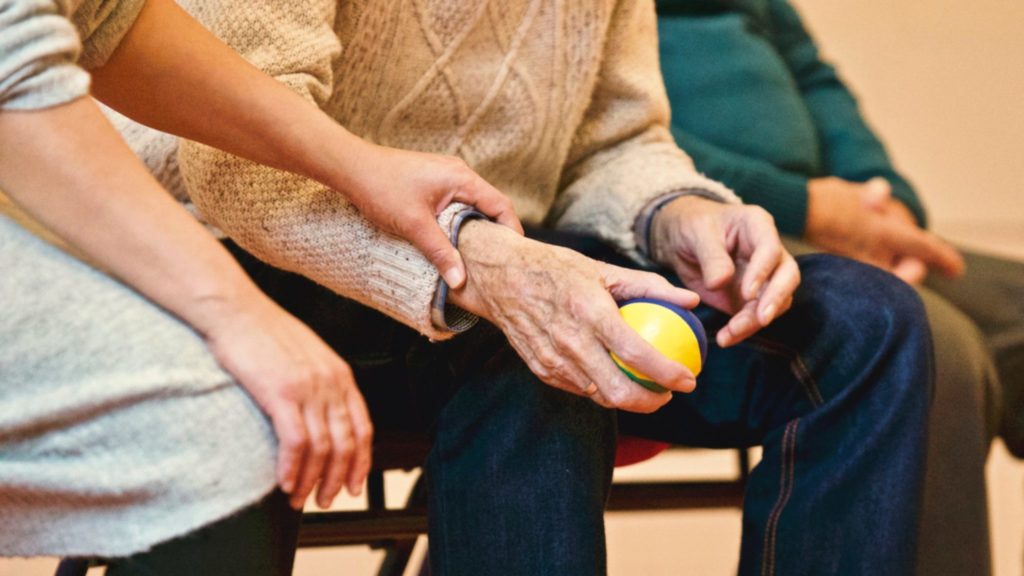November is National Family Caregiver month. If you are a caregiver for a family member, chances are high that you put the care of others before caring for yourself.
Caregiving spouses between the ages of 66 and 96 that are experiencing mental or emotional strain have 63 percent higher mortality rate than that of people their age who are not caregivers. The combination of loss, prolonged stress, the physical demands of caregiving, and the biological changes that come with age place them at risk for significant health problems as well as an earlier death.
However, there are several steps that caregivers can take to provide themselves with better care. Caregivers can face sleep deprivation, poor eating habits, failure to exercise, failure to stay in bed while ill, postponement or failure to make medical appointments for themselves. Family caregivers are also at increased risk for depression and excessive use of alcohol, tobacco, and other drugs. Studies show that an estimated 46 percent to 59 percent of caregivers are clinically depressed.
Take Responsibility for Yourself
Neglecting your own self-care will not stop the impact of an illness or injury on the one that you love. Take some time to identify why you are ignoring your own care. Is it out of guilt? Are you scared to think of your own needs? If you find yourself constantly putting yourself down, flip your mindset. Tell yourself that you need care, too. Tell yourself that you will take the time to make a healthy dinner, or that you’ll practice yoga for 15 minutes.
Reduce Stress
Caregiving is a role that is filled with stress. This stress can be influenced by many things such as:
- Whether or not your caregiving is voluntary
- Your relationship with the person you are caring for
- Your ability to cope with stress
- Whether or not you have support
Learn to recognize the warning signs of too much stress. These include irritability, sleep problems and forgetfulness. Once you identify that you are stressed, uncover the source of your stress. It could be linked to family arguments or the inability to say no. Then, identify what you can and cannot change about the situation. For the things that you can change, take action to get a sense of control. Sometimes, simply saying no can take a load off your shoulders.
Improve Communication
Being able to communicate constructively is one of a caregiverʼs most important tools. Communicating in clear, direct terms can help you get the support that you need. You may not wish to “burden” others with your problems, but when people ask if you need help, don’t be afraid to say yes. Try creating a mental list that you can have ready if someone asks. Maybe you need someone to go for a walk and talk to for 15 minutes each week. Perhaps a neighbor can pick up the paper towels you keep forgetting to buy. Let a family member take your child to soccer practice so you have some time alone.
Don’t wait until you are completely overwhelmed to ask for help. Use the resources available to you. If you need someone to talk to, the Community Access Network has counselors on staff during regular hours. Just give us a call to make an appointment.
